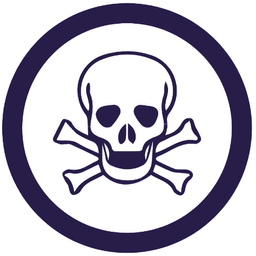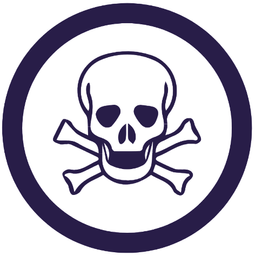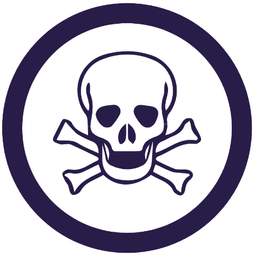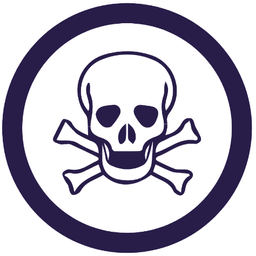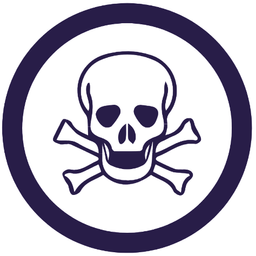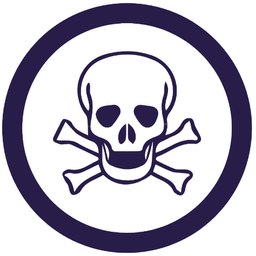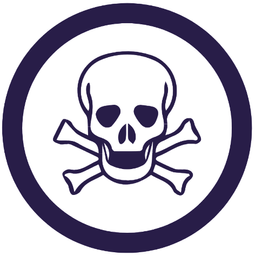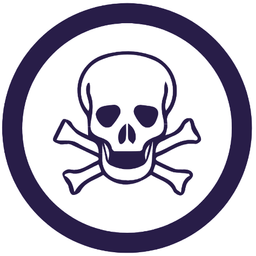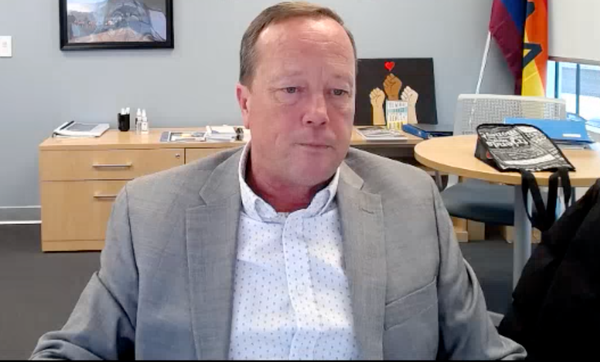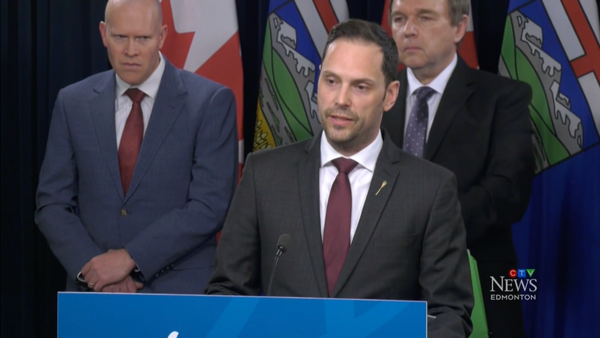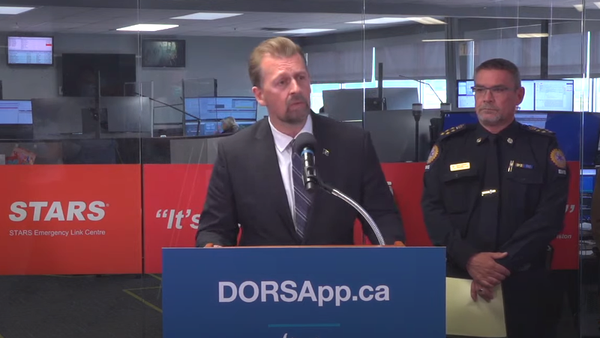Drug Data Decoded: Top investigations of 2024
Drug Data Decoded continued breaking important stories in Canadian drug policy through 2024, with intersections at policing, encampments and privatization of public services.
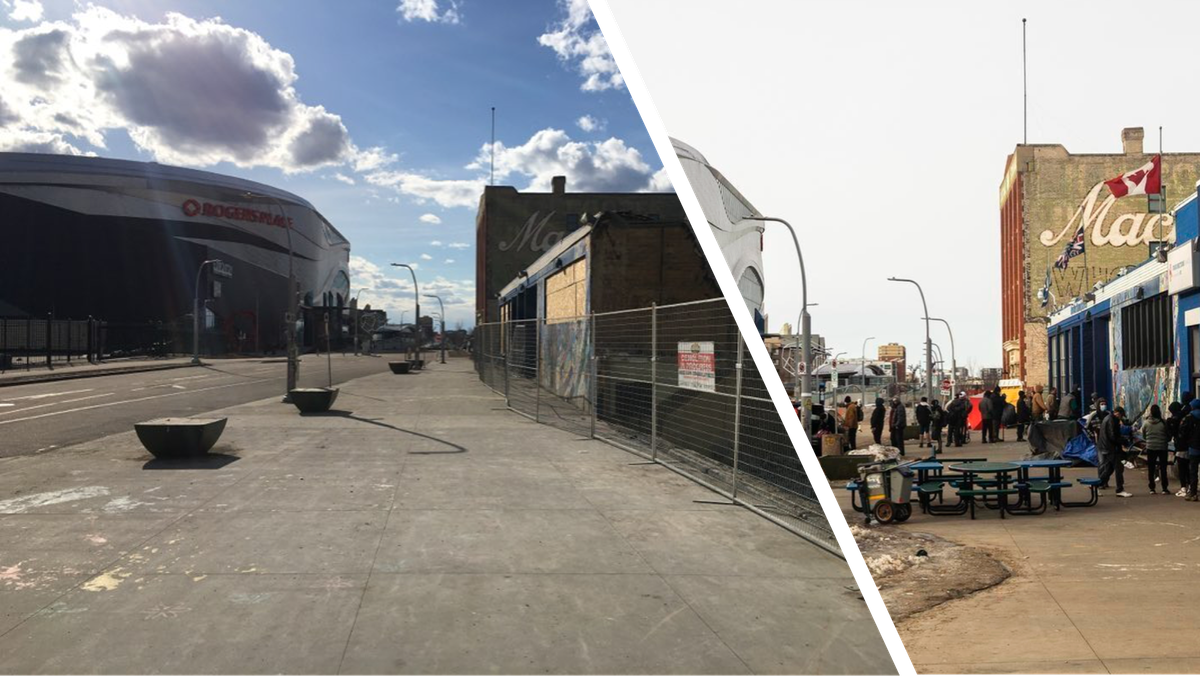
Drug Data Decoded launched less than two years ago, but in that time, it has produced over 110 stories covering drug policy in western Canada – the epicentre of this country's War on Drugs Revival. The publication now has over 2,000 subscribers – a huge milestone for an entirely reader-supported community with no advertising or outside funding.
In January 2024, Drug Data Decoded migrated platforms from Substack to Ghost, in response to concerns around monetization of Nazi publications by Substack. Substack's alignment with Bari Weiss' new outlet is further confirmation that this was the correct move.
Since this work began in 2023, Drug Data Decoded has submitted 92 freedom of information requests to 19 different public bodies. These come at considerable cost, in addition to the hundreds of hours spent reading and synthesizing stories from them, so please consider becoming a paid subscriber if you can afford it!
To incentivize this support, paid subscribers now get access to investigative stories at least a day in advance of public access.
Guest posts in 2024 often focused on the arrests and prosecution of Drug User Liberation Front co-founders Erix Nyx and Jeremy Kalicum in October of 2023, along with their constitutional challenge and the response from advocates. Others examined the BC government's weaponization of worker safety to attack harm reduction, analysis of drug market regulation mechanics, how media can do a better job covering erosion of revenue streams for people accessing substance use supports and covering the criminalization of sex work and the drug trade.
The new year will open up with two excellent guest posts, so look for those!
The coming year will continue to reveal the profiteering architecture of Alberta's so-called recovery-oriented system of care. This includes forced abstinence through the incoming Compassionate Intervention Act that will benefit publicly subsidized but privately profitable recovery organizations, using augmented police powers and 'navigation centres' to ensure the centres remain at or near capacity.
As this publication has hypothesized since its inception: the Alberta Model is a sales funnel for an increasingly privatized, monopolized and hierarchical recovery industry.
To see where we're going next, let's take a look at where we've been.
Drug Data Decoded top investigations of 2024
- “Appreciate the assist”: Oilers pass the puck as City and Police purge unhoused from homes. July 24, 2024.
The most-read story on record for Drug Data Decoded, with nearly 10,000 reads, this story traces the colonial relationship between commercial developers, the city administrators and police that enable them, and the people struggling to survive as their living space is appropriated and rendered increasingly hostile. This was a follow-up to earlier stories detailing the demolition of Boyle Street Community Services and a declaration of war on encampments by Edmonton Police Service.
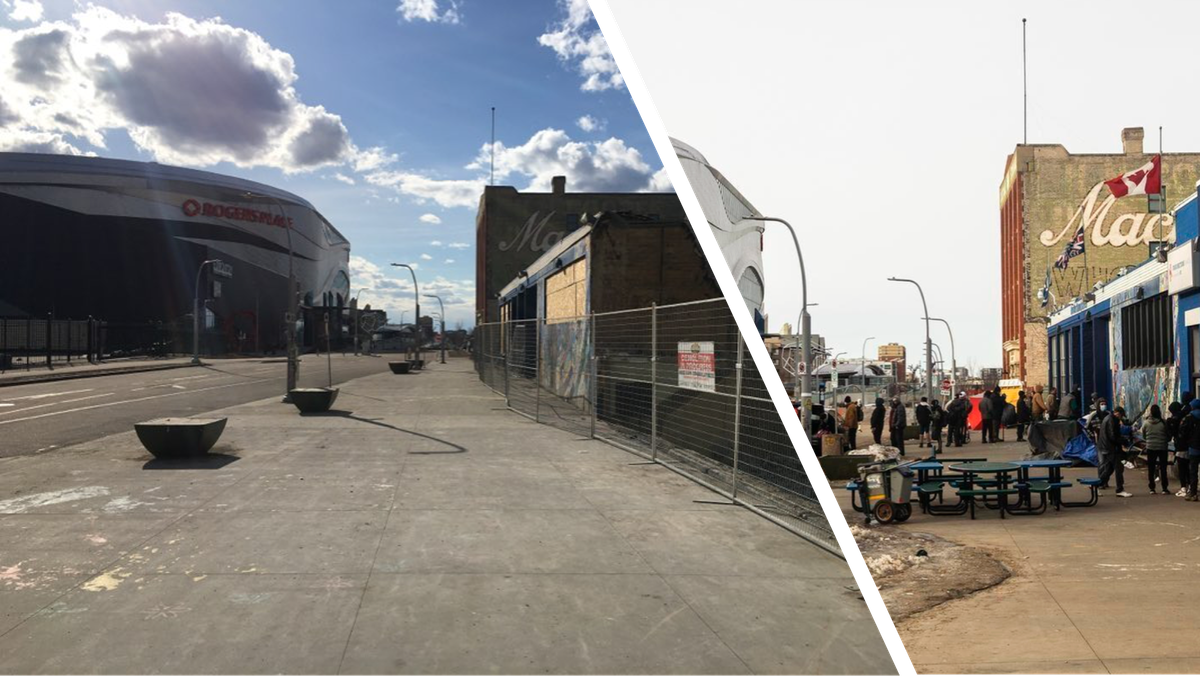
The first of a 3-part series, this 8-month investigation documented the moment at which the Alberta government quietly handed the personal health information of countless recovery patients to a private organization with extensive ties to the government, denying these people informed consent around their health decisions and control of their personal health information. Follow-up stories showed how the My Recovery Plan app is aimed at Alberta shelters, correctional facilities and supervised consumption sites, and how the government circumvented Indigenous health and data sovereignty in forcing the app into every publicly funded recovery facility in the province (with Danielle Paradis for APTN).
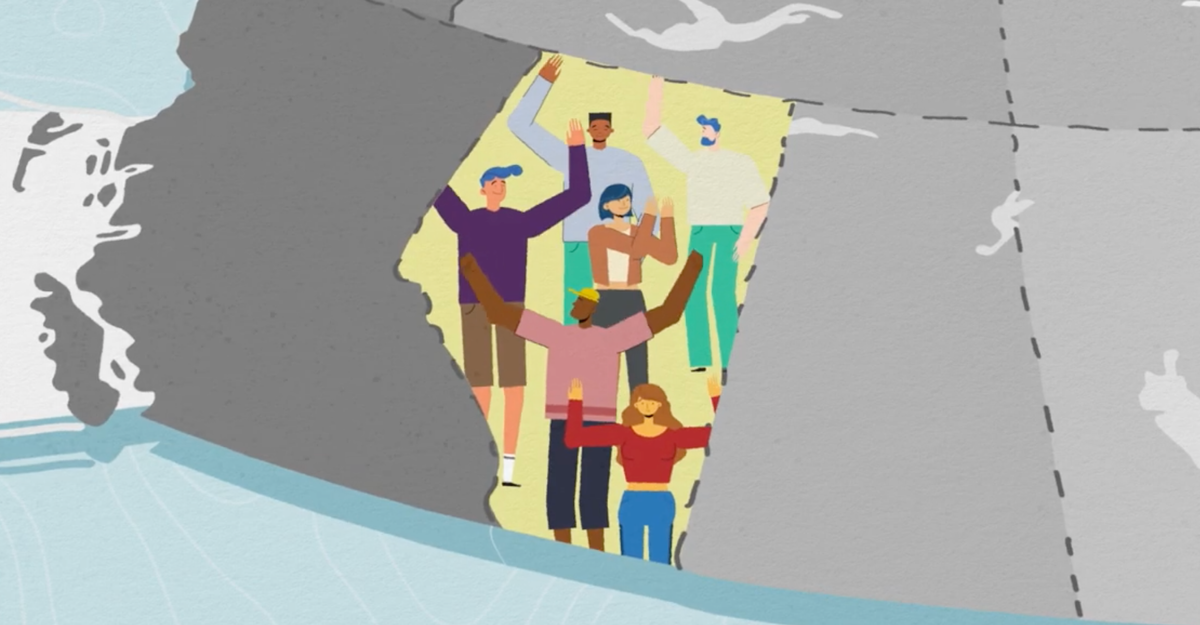
- Recovery Capitalists 2: Spreading public wealth. March 24, 2024.
This story details the "rushed" timeline by which the Alberta government provided tens of millions in public funding to a private company, ROSC Solutions Group, owned by people affiliated with the government. While the government kept the details on these contracts secret for 20 months, the revelations in this story outran the government announcement by 5 months. One of a 3-part series (Part 1, Part 3).

- Was Last Door granted Calgary Recovery Community? Dec 9, 2024.
A parallel investigation to the ROSC Solutions Group story above, this story revealed the likely recipient of another multimillion-dollar contract for Calgary Recovery Community as Last Door Recovery Society. A follow-up story detailed the government's refusal to disclose details of the contract or the identity of the recipient, except to reveal that a similar "rushed" process had taken place to choose the winner of the "competitive" bidding process. Last Door was a previous recipient of nearly $2 million in sole-source contracts for My Recovery Plan.
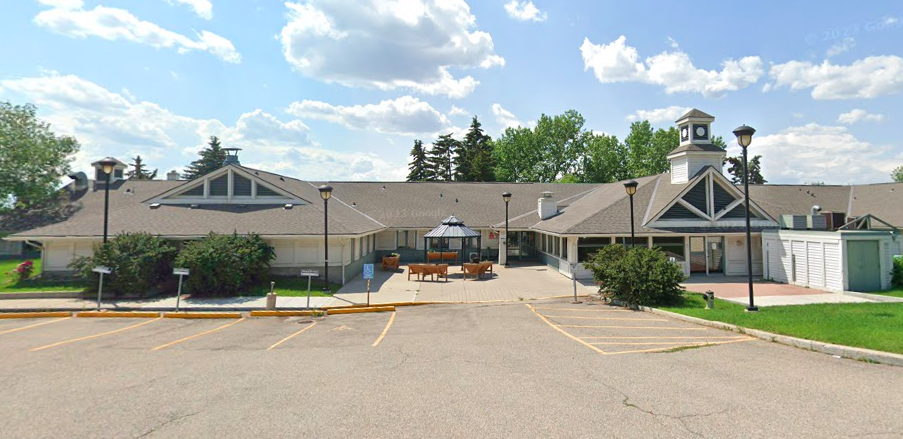
Another eight-month freedom of information process, with key details of this one finally pried free by a complaint to the Office of the Information and Privacy Commissioner. Earlier reporting by Drug Data Decoded had raised suspicions of coordination between Red Deer city councillors and the Province to close the city's only supervised consumption site, but this story provided the proof, initially hidden behind redactions made by the City of Red Deer. The vote on the Calgary supervised consumption site at its city council in October was, unbeknownst to the public at the time, pivotal to the Province's strategy, given the role that Red Deer city council played in that closure.
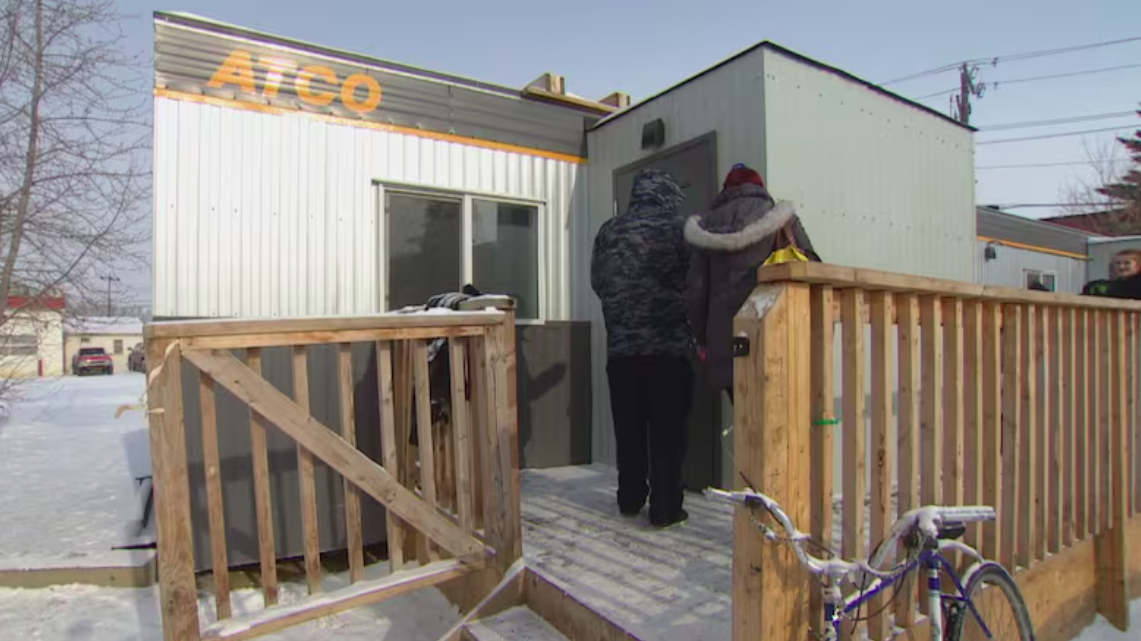
A freedom of information request by Drug Data Decoded to Calgary Police for a "Decriminalization Roadmap" produced by the Alberta Association of Chiefs of Police (AACP) revealed a coordinated effort through early 2023 by the AACP, involving staff at Calgary Police and Edmonton Police, to rally public and commercial opposition to decriminalization – a position that closely aligned with United Conservative Party election interests. Since this release, the FOIP office at Calgary Police has gone remarkably quiet, delaying responses by many months.

Drug Data Decoded got ahold of an intake contract from a large Alberta-based recovery facility that shows how some facilities may boost their earnings by kicking out people for suspicions of drug use or other misdemeanours. An interview with an advocate who experienced this in their own past revealed part of the playbook.

- Alberta's fiefdom of information. Sept 18, 2024.
Tying together the investigative doggedness for which Drug Data Decoded has become known with a heavy dose of advocacy in support of Palestinians' right to life, this piece puts on full display the brazenness with which public bodies in Alberta now refuse access to information by the public and media. Pairs well with earlier pieces including the autobiographical Calgary Police violated my Charter rights, brutalized me, and lied about it and the guest post by Khalid Boudreau and Tyson Singh Kelsall, From Palestine to the Downtown Eastside: Settler colonialism creates violence.
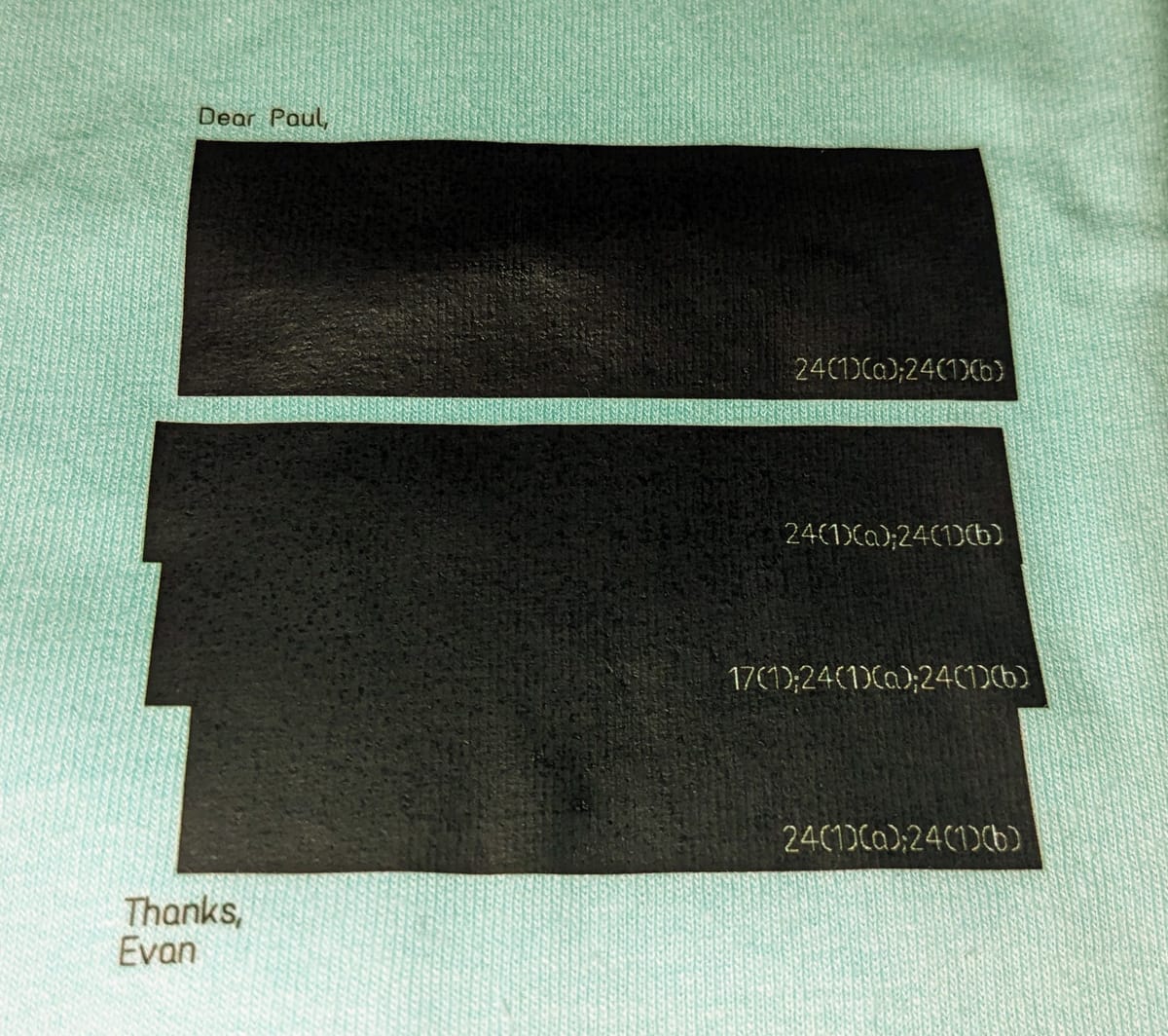
Bonus content
Drug Data Decoded kept busy through other channels as well, landing the Alberta Views cover story for March 2024 and a widely read piece for The Breach detailing the rise of abstinence-based housing in Alberta and Saskatchewan.
Many of you will be happy to learn that Brandon Shaw, the central character in What's Wrong With Rehab?, continues to make short films amplifying the first-hand experiences of unhoused folks around Edmonton at The Curbside Philosophy!


Happy new year to all readers, and a huge thank-you to everyone for your support, for every story share to friends and family, and for helping to build something this community can be proud of.
As always, for feedback or story tips (particularly keen to hear from recovery sector workers concerned with the way things are turning in Alberta!), lines are open at info (at) drugdatadecoded.ca.
-ET


